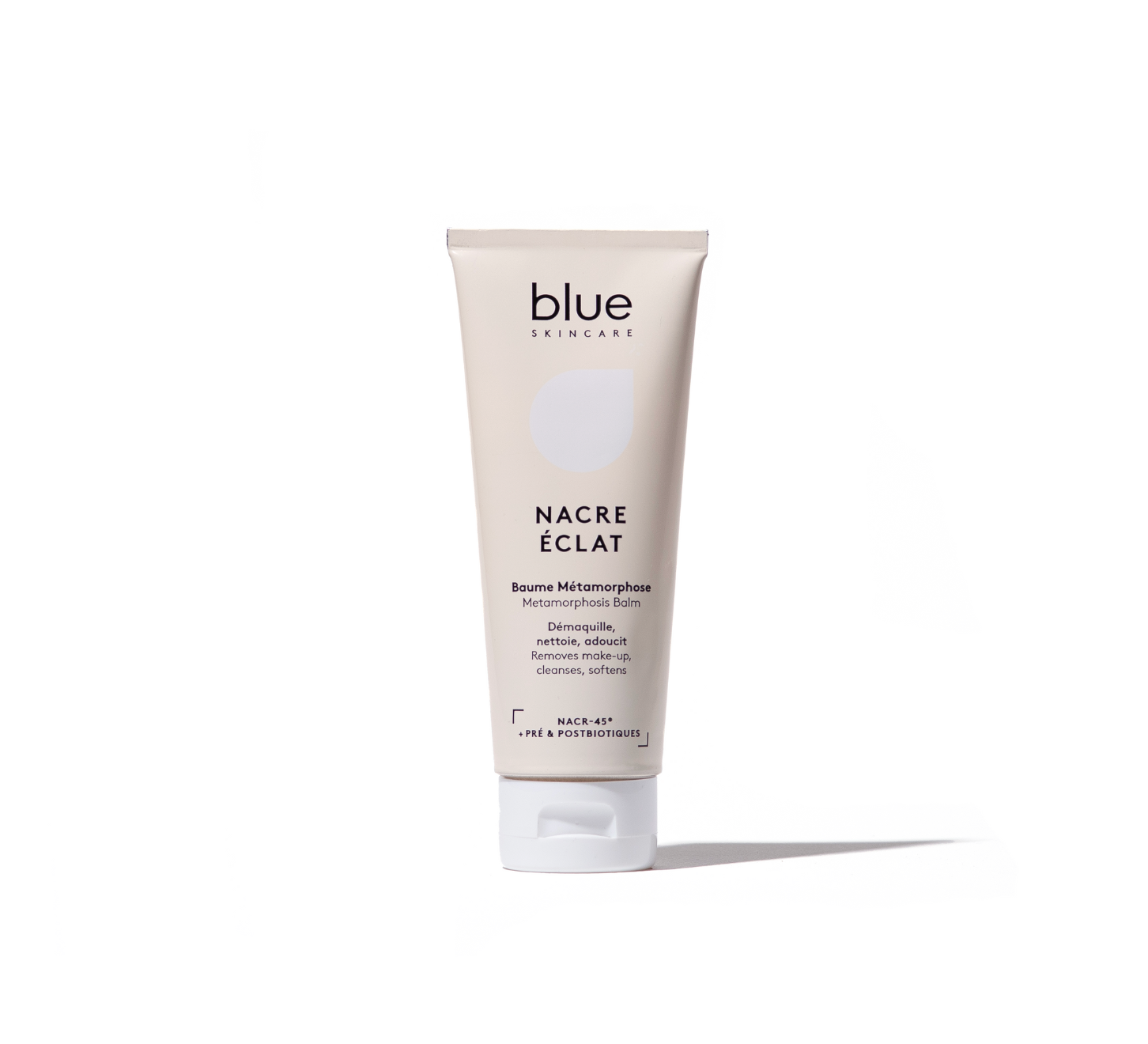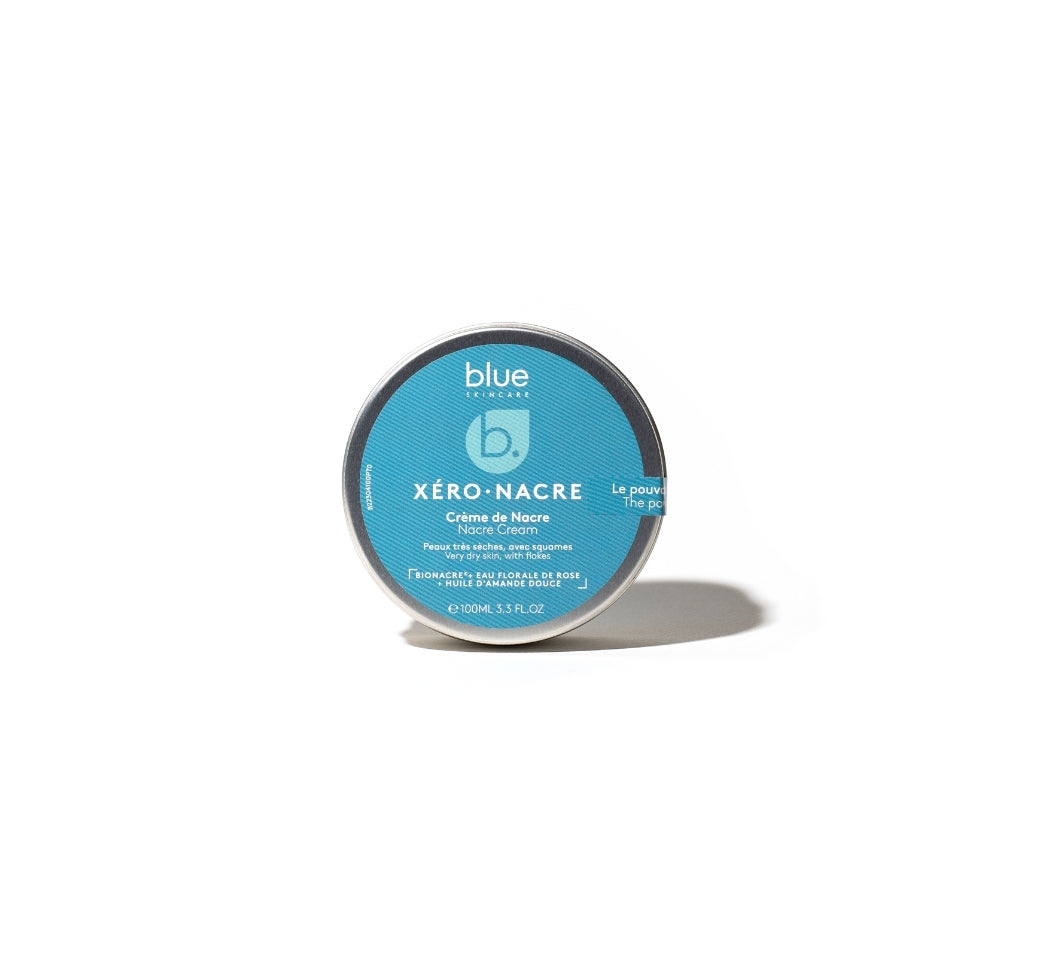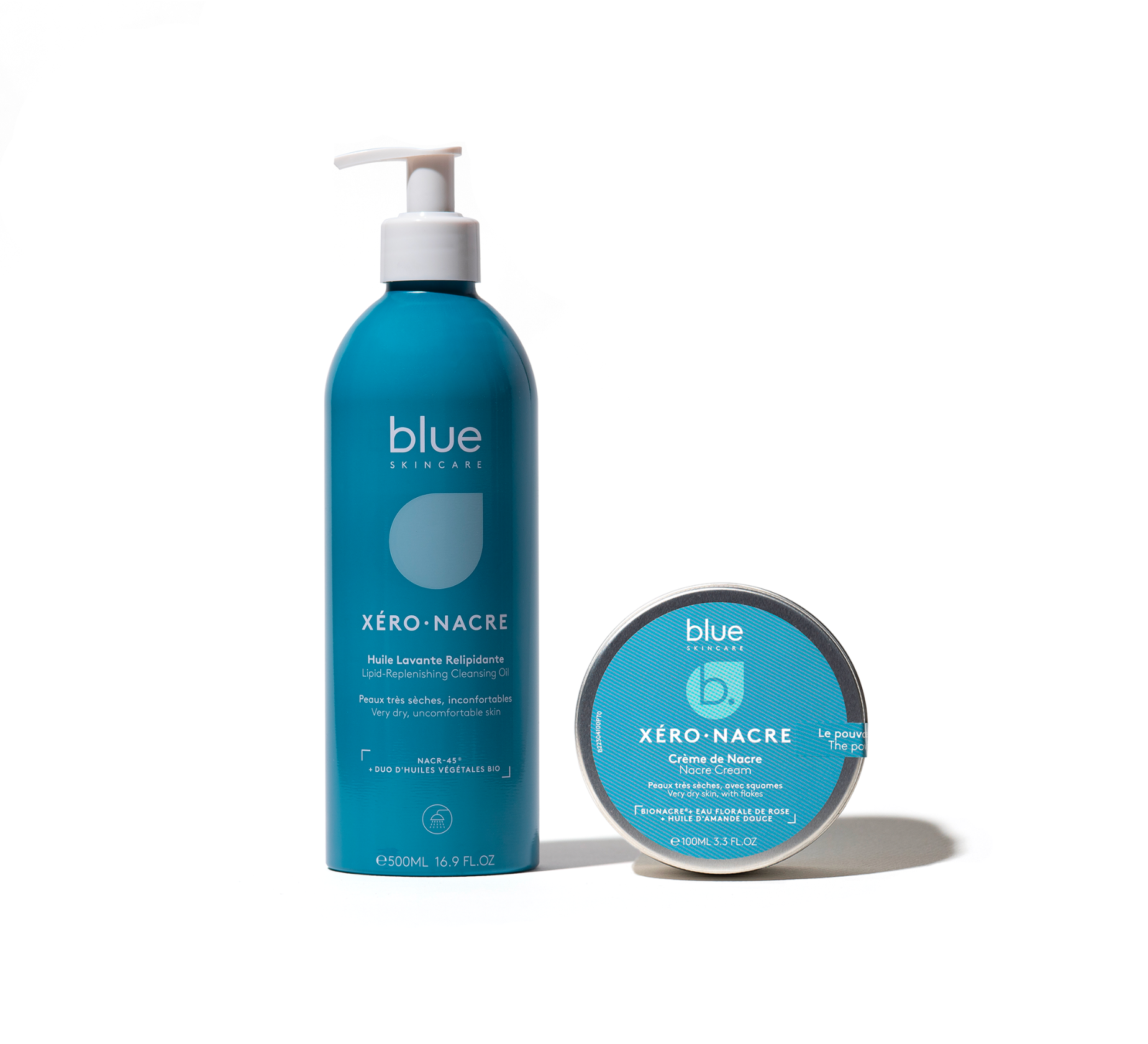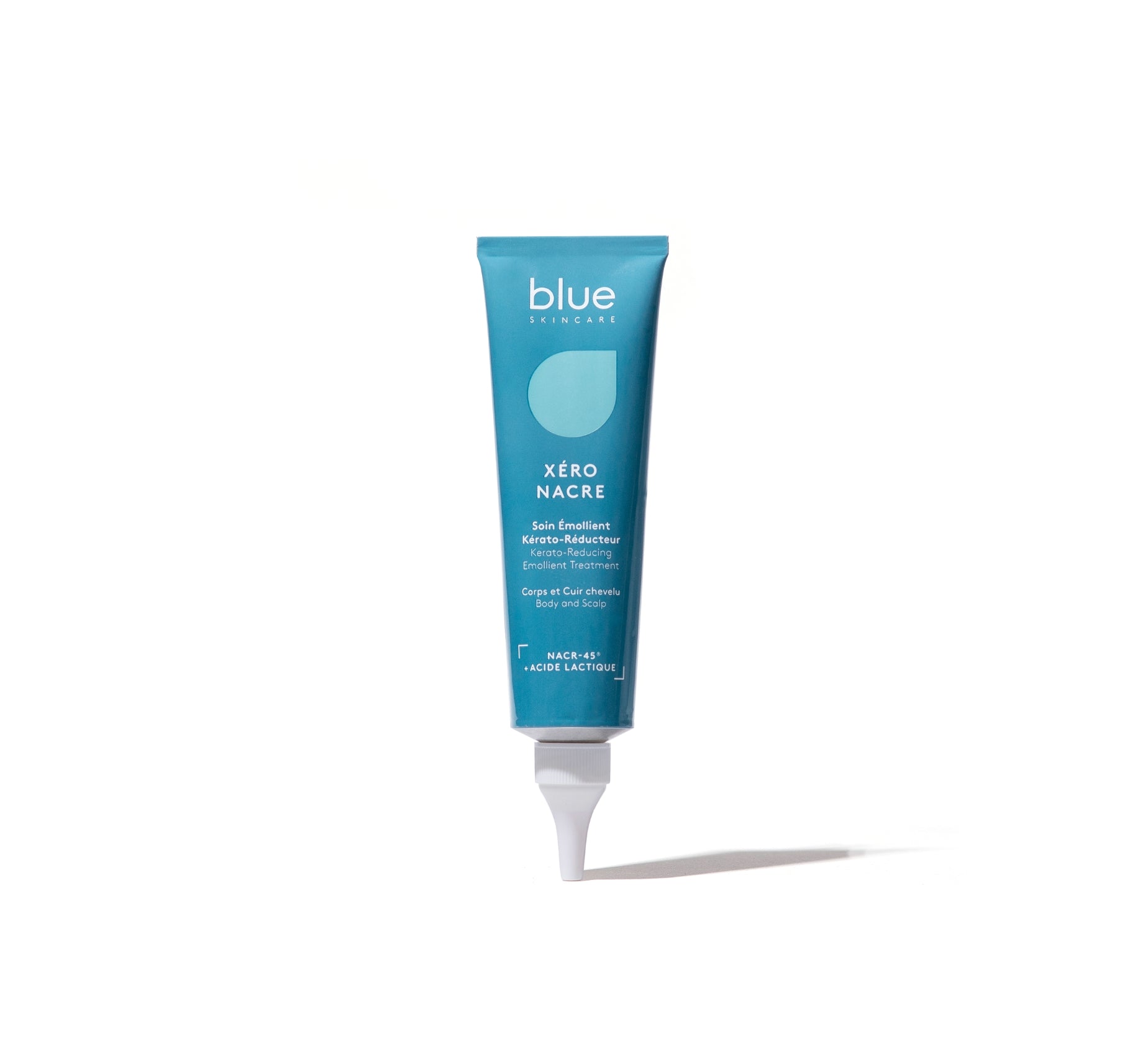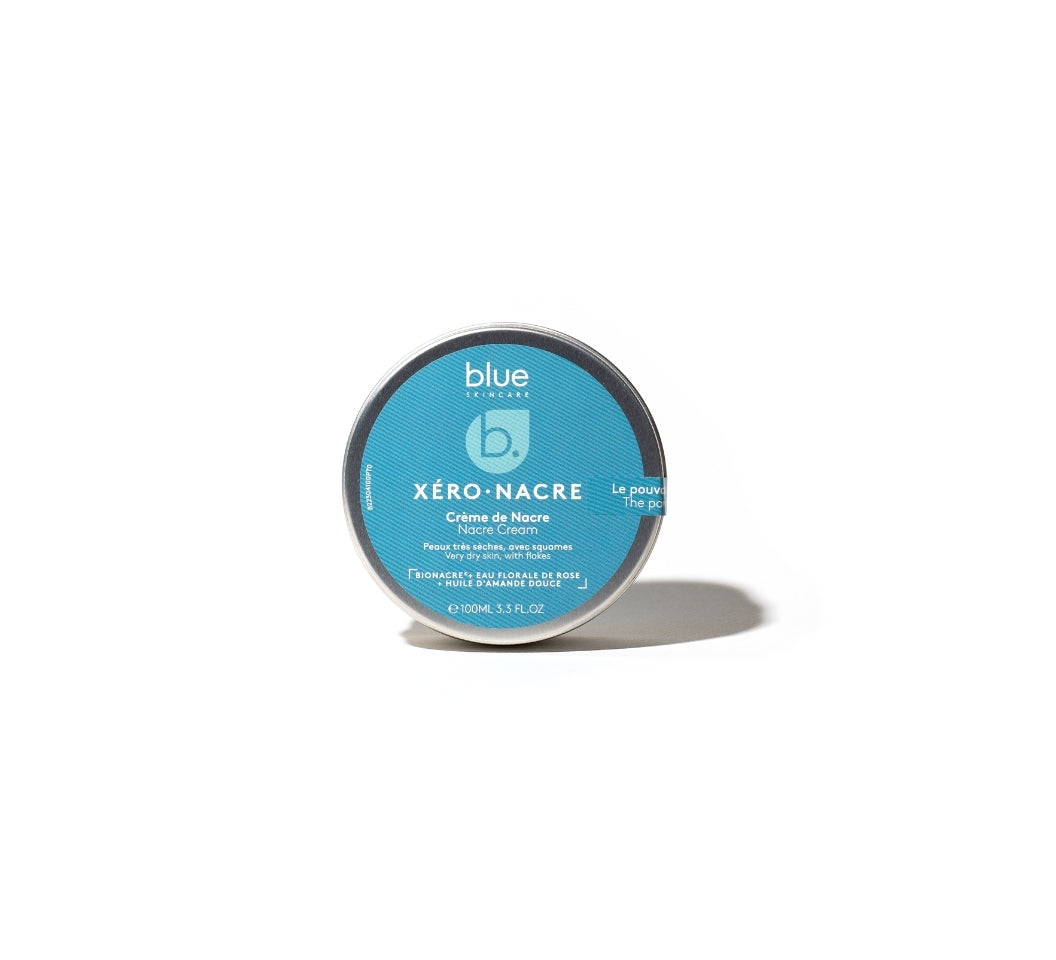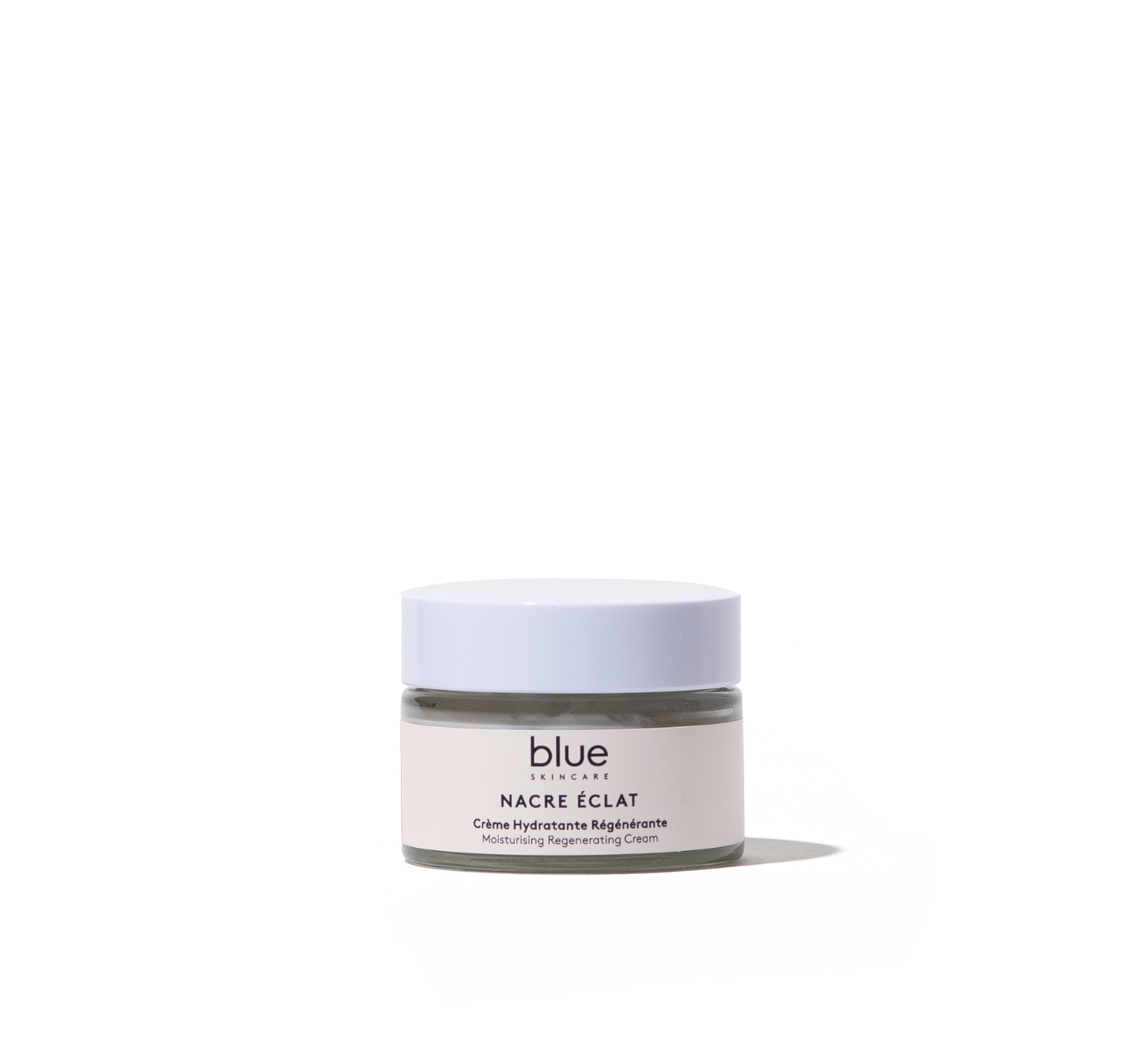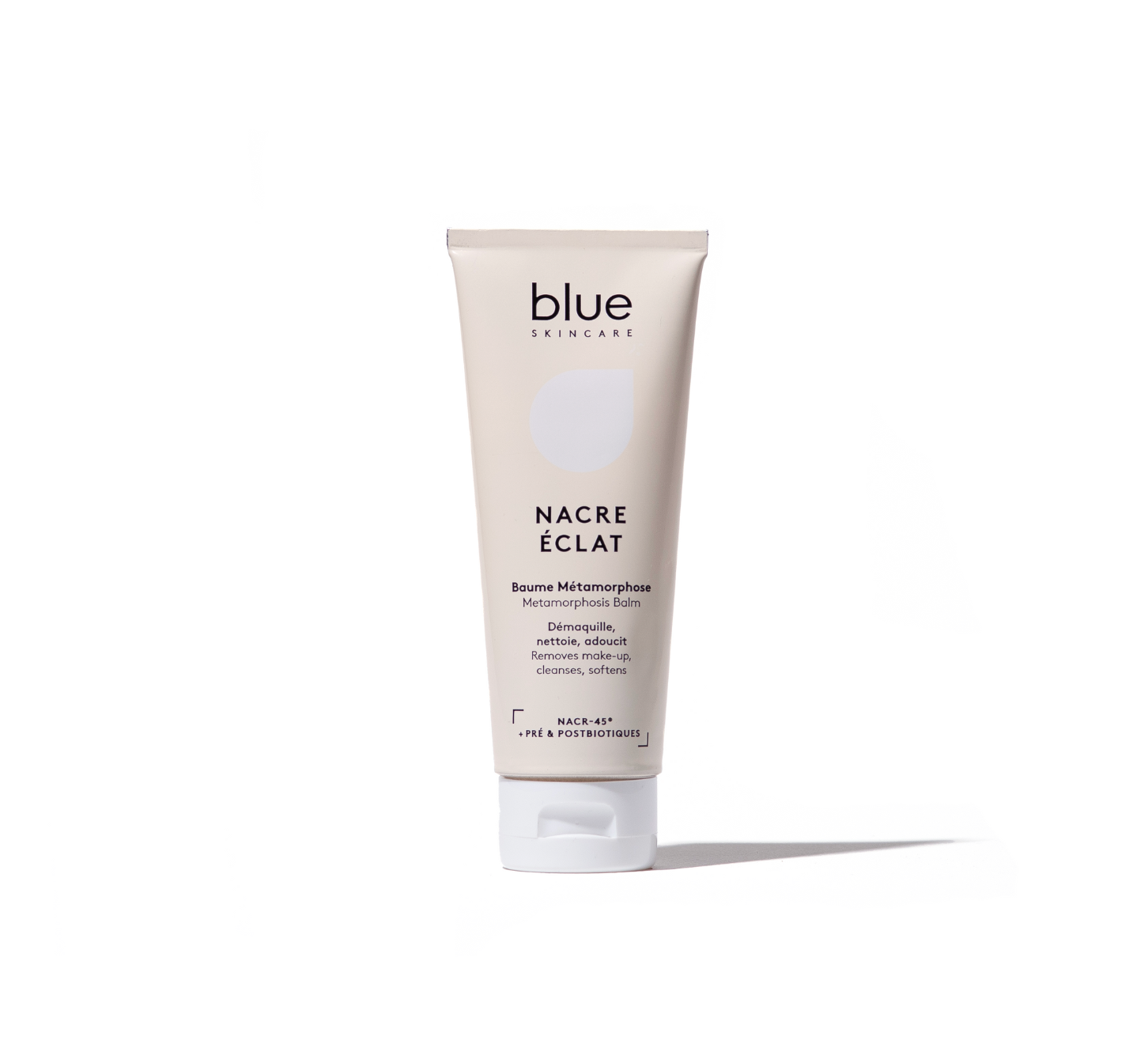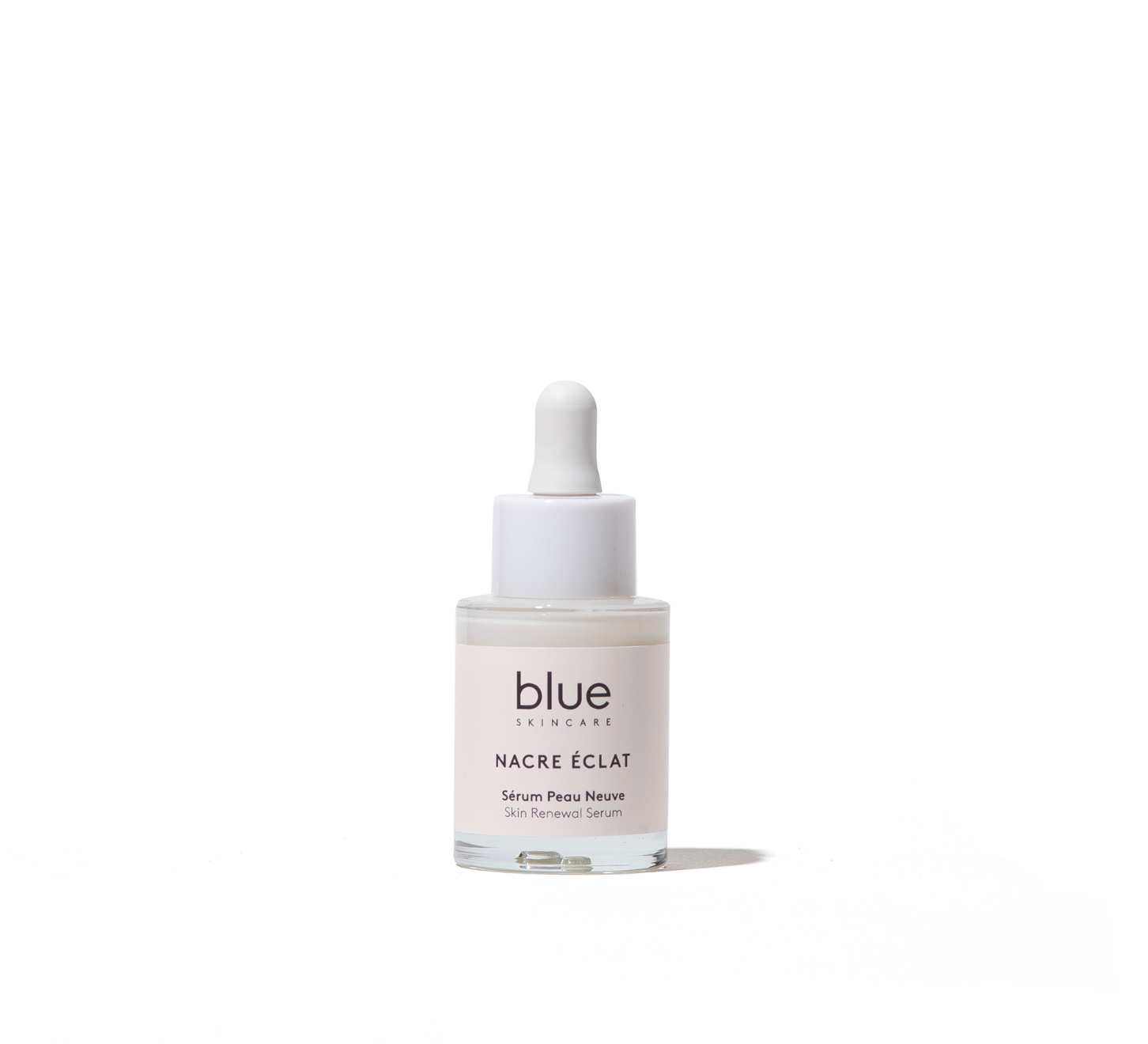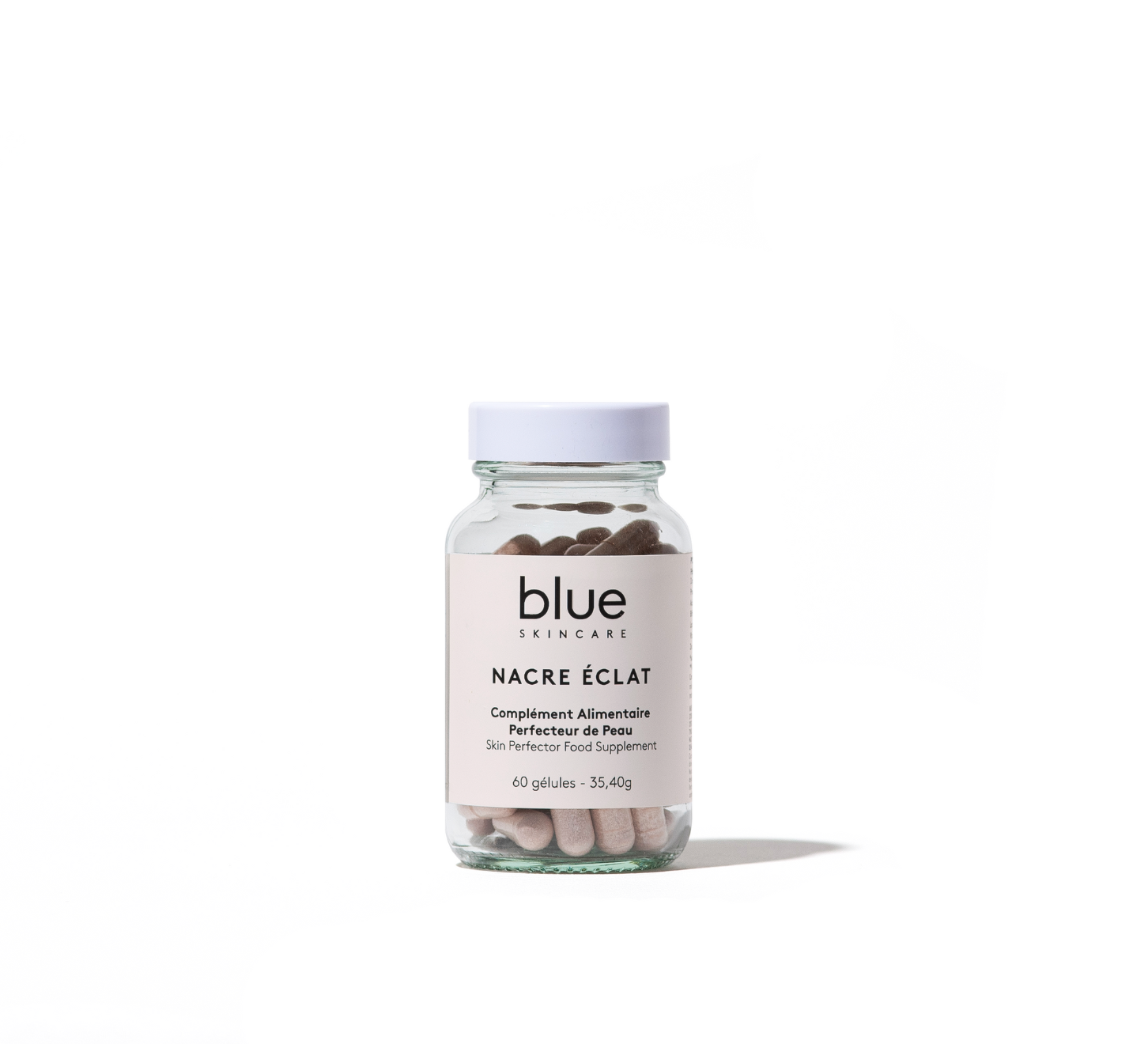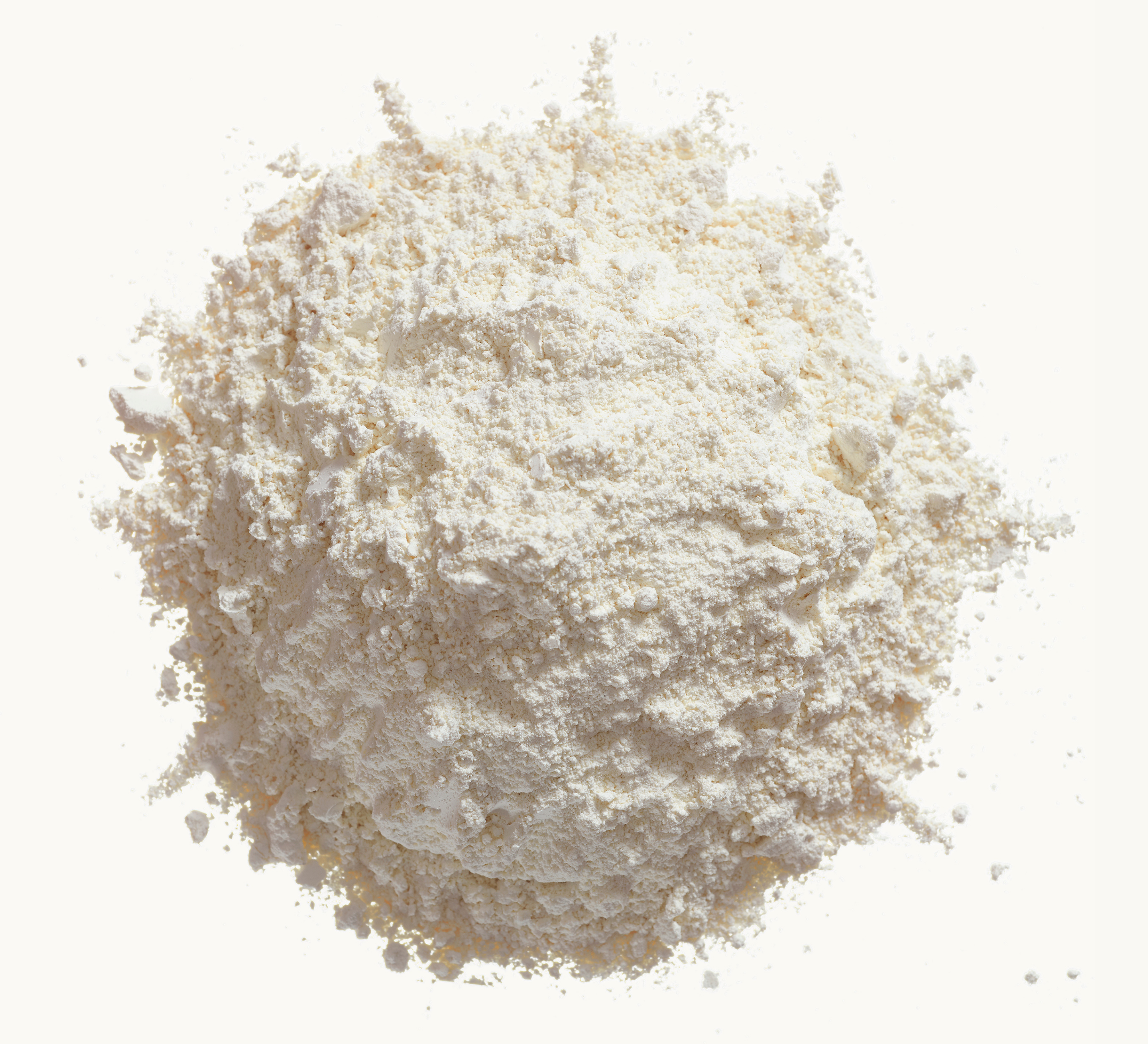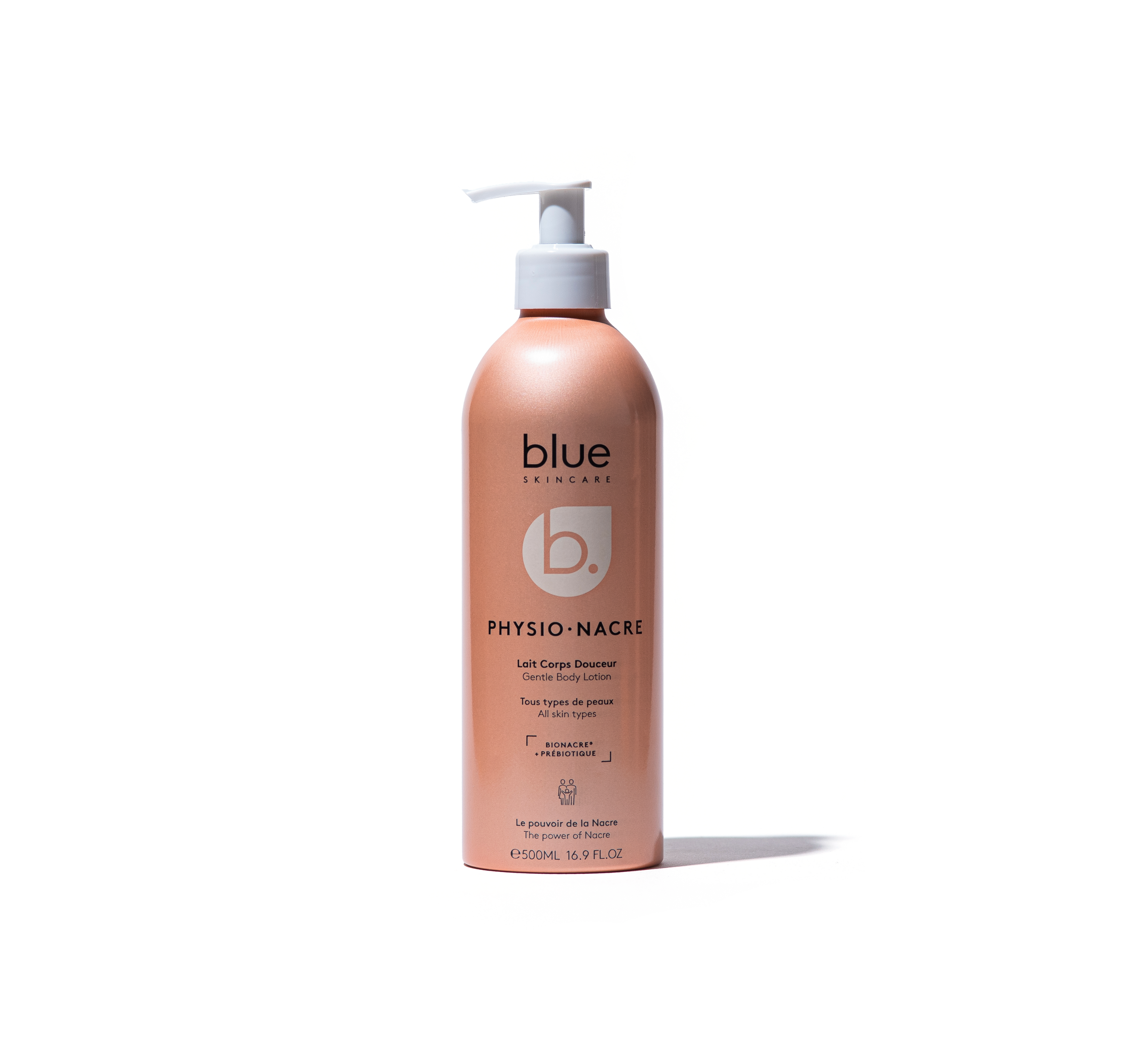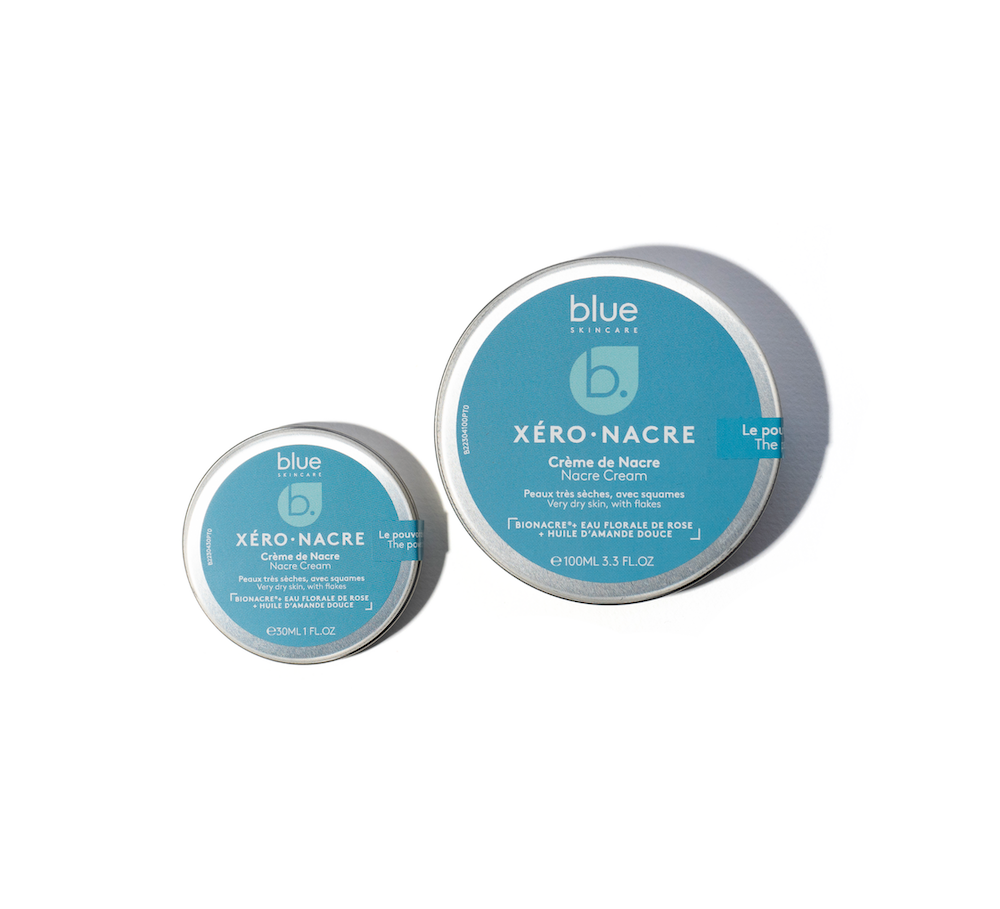Fashion is a constantly evolving world, often criticized for its environmental and social impact. However, the ethical fashion trend is emerging as an innovative response to these growing concerns. In this article, we explore Ethical Fashion Week, an event that shines a spotlight on responsible brands and committed designers. Discover how this initiative is redefining the fashion landscape and how it meets the expectations of today's consumers.
What is Ethical Fashion Week?
Ethical Fashion Week is an event that aims to promote sustainable and responsible fashion. Unlike traditional fashion weeks, which often focus on luxury and extravagance, this event emphasizes sustainable production practices, respect for workers' rights, and the use of eco-friendly materials. Designers participating in this event are committed to reducing their environmental footprint while offering trendy and innovative collections.

The origins of ethical fashion week
The idea for Ethical Fashion Week emerged in response to growing concerns about the environmental impact of the fashion industry. Traditional fashion shows have often been criticized for their wasteful use of resources and negative impact on the environment. In response, designers and organizations have begun organizing events dedicated to ethical fashion, highlighting brands that embrace sustainable practices.
What is its importance?
Ethical fashion is important for several reasons:
-
Reducing Environmental Impact : The fashion industry is one of the most polluting in the world. By choosing sustainable practices, brands can reduce their carbon footprint and limit the consumption of natural resources.
-
Fair Working Conditions : Many ethical brands are committed to ensuring fair working conditions for their employees, ensuring they are well paid and have safe working conditions.
-
Responsible consumption : Consumers are increasingly aware of the impact of their purchasing choices. Ethical fashion responds to this growing demand for transparency and responsibility.
The key players in ethical fashion week
Brands to follow:
Many brands are emerging on the ethical fashion scene. Here are some of the most influential:
-
Patagonia : This brand is a pioneer in ethical fashion, emphasizing sustainable production practices and recycled materials. Their commitment to environmental protection makes them a role model.
-
Eileen Fisher : Known for her minimalist aesthetic, Eileen Fisher uses sustainable fabrics and is committed to creating long-lasting clothing. The brand also promotes recycling initiatives.
-
Reformation : This brand attracts attention with its modern designs while embracing sustainable production practices. Reformation provides information on the environmental impact of each piece, allowing consumers to make informed choices.
Innovative designers
Many designers are also emerging in the world of ethical fashion. Designers such as Stella McCartney and Vivienne Westwood are known for their commitment to sustainability and their eco-friendly collections. They incorporate sustainable materials into their designs while staying on top of trends.
The impact of Ethics Fashion Week
Public awareness
Ethical Fashion Week plays a crucial role in raising public awareness about sustainable fashion. By bringing together designers, brands, and consumers, this event creates a platform to discuss the challenges and solutions of responsible fashion. The fashion shows and workshops held during the week educate attendees on the importance of sustainability in the fashion industry.
Collaboration between brands and designers
This event also fosters collaboration between brands and designers, encouraging innovation in the field of ethical fashion. Designers can share their ideas and experiences, which can lead to new approaches to sustainability. These collaborations can also reinforce the ethical fashion message and encourage more brands to adopt responsible practices.
The role of consumers
Consumers play a vital role in promoting ethical fashion. By choosing to purchase clothing from responsible brands, they help support sustainable production practices. Ethical Fashion Week encourages consumers to make informed purchasing decisions by providing them with the information they need to understand the impact of their choices.

How to participate in ethical fashion
Adopt responsible consumption practices
For those who want to engage in ethical fashion, it is essential to adopt responsible consumption practices. Here are some tips:
-
Buy Less, But Better : Instead of buying lots of inexpensive clothes, invest in quality pieces that will last a long time. Look for brands that emphasize sustainability.
-
Research Brands : Before you buy, research brands' practices. Check their websites to understand their commitment to sustainability and working conditions.
-
Opt for Vintage and Secondhand : Buying secondhand clothing is a great way to reduce your environmental impact while finding unique pieces. Many online and physical stores offer vintage and secondhand clothing.
Participate in local events
Get involved in your community by participating in local events dedicated to ethical fashion. Many festivals, markets, and workshops showcase responsible designers and sustainable brands. These events are a great opportunity to learn, meet designers, and discover new brands.
The challenges of ethical fashion
Despite the progress made in the field of ethical fashion, several challenges remain:
Lack of clear standards
The lack of clear sustainability standards can make it difficult for consumers to make informed choices. Many brands claim to be ethical without a true commitment to sustainable practices. Certification labels, such as GOTS (Global Organic Textile Standard) or Fair Trade, can help identify truly responsible brands.
The cost of ethical fashion
Ethical clothing can be more expensive due to sustainable production practices and high-quality materials. However, it's essential to consider these garments as a long-term investment. By choosing sustainable pieces, you help reduce textile waste and support responsible production practices.

Together, let's participate in a more sustainable fashion
Ethical Fashion Week represents a turning point in the fashion industry, highlighting sustainable and responsible practices. This event inspires both designers and consumers to rethink their approach to fashion. By adopting responsible consumption practices and supporting committed brands, everyone can contribute to a more sustainable future for the fashion industry. Ethical fashion isn't just a trend; it's a movement toward a more conscious and planet-friendly fashion.
By engaging with ethical fashion, you're contributing to positive change and creating a better future for generations to come. So, on your next shopping trip, consider Ethical Fashion Week and how you can contribute to this growing movement.
